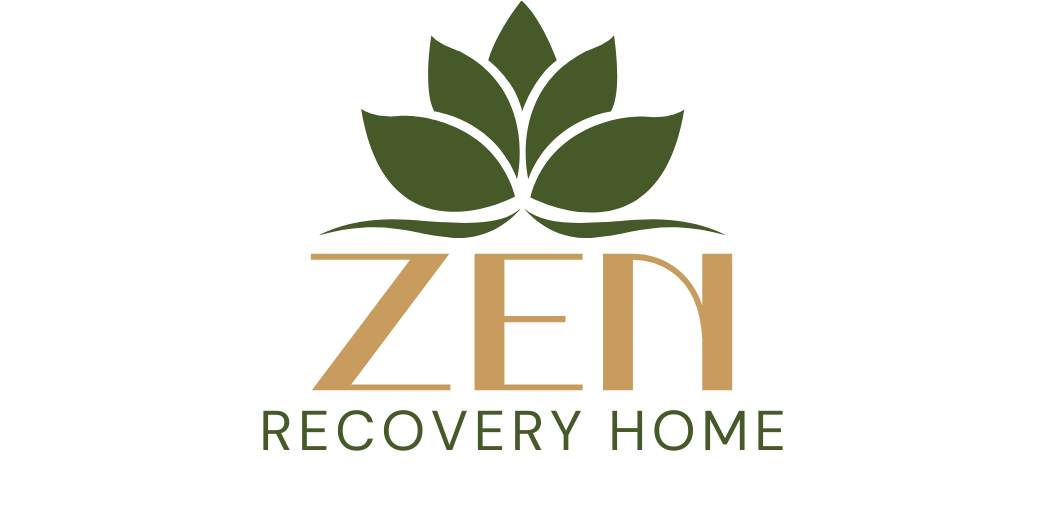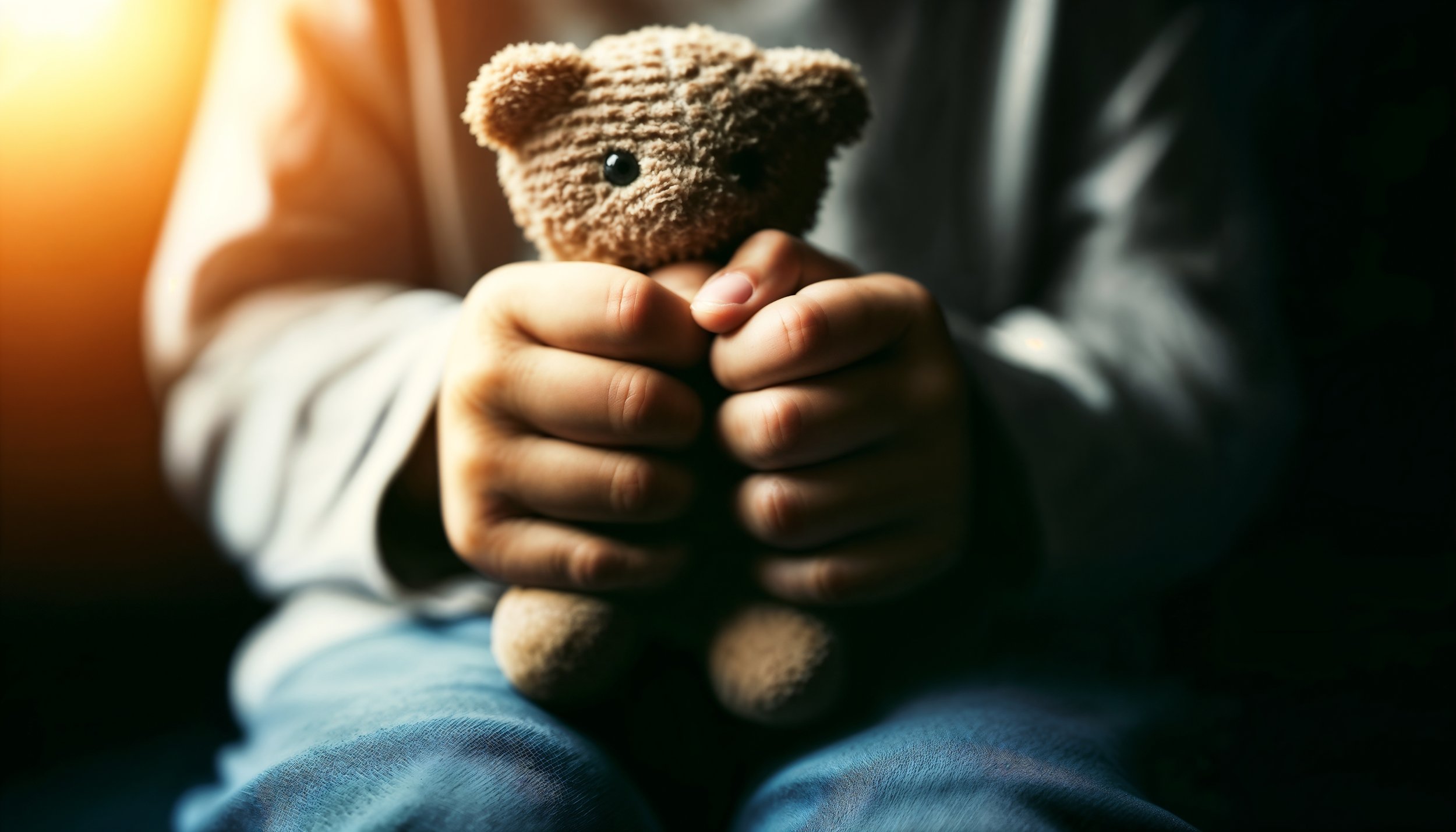Why Childhood Pain Fuels Addiction
When we picture addiction, we often focus on the visible symptoms—withdrawal, destructive choices, broken relationships. But rarely do we look far enough back to see where it began.
The roots of addiction are rarely planted in adulthood. For many, they grow quietly and deeply in childhood—through trauma, instability, neglect, or unaddressed mental health struggles. At Zen Recovery Home, we understand that what hurts us young often haunts us later. That’s why addressing children’s mental health isn’t just a pediatric concern—it’s a prevention strategy for the entire lifespan.
The Connection Between Childhood and Addiction
You may have heard of ACEs—Adverse Childhood Experiences. These include things like:
Physical or emotional abuse
Neglect
Parental substance use or mental illness
Divorce or abandonment
Witnessing domestic violence
Living with a caregiver who is incarcerated
The original ACEs study by the CDC and Kaiser Permanente found something striking: the more ACEs a person experiences, the greater their risk for substance use, mental health disorders, chronic illness, and early death.
In fact, people with four or more ACEs are two to four times more likely to use substances like alcohol, tobacco, or illicit drugs. They're also more likely to struggle with depression, anxiety, and PTSD.
But ACEs don’t just predict addiction. They explain it.
Childhood Trauma Doesn’t Just “Go Away”
Children who live through traumatic experiences don’t always have the language to explain what they’re feeling—or the tools to cope. Instead, they learn to survive. They adapt. They bury emotions to avoid pain. They disconnect from their bodies. They may develop anger issues, anxiety, sleep disturbances, or low self-esteem.
When those unresolved emotions are carried into adulthood, they often show up in the form of substance use. Drugs or alcohol become a way to feel something—or nothing at all. A way to relax when the body is stuck in fight-or-flight. A temporary escape from a lifetime of internal chaos.
For many of our clients at Zen Recovery Home, the addiction story starts decades before their first drink or hit. It starts with abandonment. With abuse. With fear they were never allowed to speak aloud.
Early Intervention Can Change Everything
The good news? Trauma is not destiny. Early intervention can make a profound difference in a child’s life and long-term health.
When kids have access to mental health support—whether through counseling, safe adult relationships, or school-based services—they learn critical emotional regulation skills that reduce their risk of later addiction.
This can include:
Identifying and naming their emotions
Practicing healthy ways to cope with stress (instead of numbing)
Learning how to ask for help and build supportive relationships
Developing a sense of safety and self-worth
Research shows that supportive adult relationships are one of the most powerful protective factors against the long-term impacts of ACEs. Whether it’s a teacher, relative, coach, or therapist, just one consistent, caring adult can help interrupt the cycle of trauma.
Emotional Regulation Is a Lifesaving Skill
At the heart of addiction is often one common thread: a struggle to manage painful emotions.
That’s why teaching emotional regulation from an early age is vital. We’re not just talking about anger management or deep breathing—though those help. It’s about creating environments where children are encouraged to feel, express, and process what’s happening inside without shame.
Parents and caregivers can model this by:
Naming their own feelings (“I feel frustrated right now, and I need a moment to calm down”)
Validating children’s emotions instead of dismissing them (“I see you’re really upset—do you want to talk or take a break?”)
Encouraging curiosity over judgment (“What do you think made you feel that way?”)
Creating routines and structure to help kids feel safe and grounded
When these skills are learned in childhood, they serve as the foundation for lifelong mental resilience. And for those who didn’t get this foundation? It’s never too late to start.
When Kids Don’t Get Help, Adults Hurt Later
Many adults walking through the doors of a treatment center have no idea how much their current struggles trace back to childhood.
They may have grown up believing they had to be strong, silent, or perfect. They may have been punished for expressing sadness or fear. Or maybe no one ever asked them how they were doing, so they stopped asking themselves.
This emotional neglect leaves deep wounds that show up later as:
Addiction
Self-harm
Chronic anxiety or depression
Difficulty forming healthy relationships
Emotional numbness or rage
Constant self-criticism
At Zen Recovery Home, our approach acknowledges the role childhood plays in shaping adult mental health. That’s why our dual diagnosis treatment supports not only recovery from addiction, but also healing the early emotional injuries that may have contributed to it.
Breaking the Cycle
If we want to stop addiction before it starts, we must prioritize children’s mental health. That means:
Investing in school-based mental health programs
Training pediatricians and educators to recognize early warning signs
Supporting parents and caregivers with trauma-informed tools
Reducing stigma around children’s therapy and emotional struggles
Because when we raise emotionally healthy children, we’re not just helping them—we’re reshaping the future of entire families and communities.
Final Thoughts: Healing Starts Young—and It’s Never Too Late
Whether you’re a parent, teacher, advocate, or someone in recovery yourself, know this: the work you do to support children’s mental health matters. Every conversation, every safe space, every act of validation plants a seed.
And if your own childhood was painful, that matters too. You didn’t choose what happened to you—but you can choose to heal now. With support, compassion, and the right tools, it’s possible to untangle the past and build something better.
At Zen Recovery Home, we help people do just that. Whether your addiction started early or late, whether the trauma is clear or buried deep, we see the full story—not just the surface.
Because every person deserves a chance to heal—no matter when the pain began.

